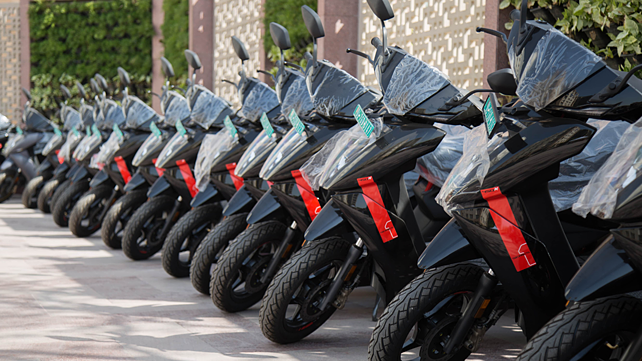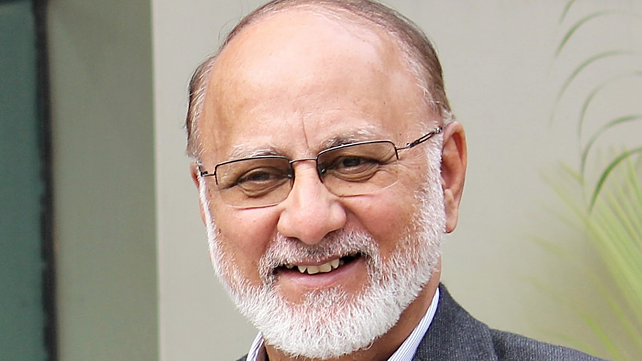
With rising petrol prices and aggressive subsidy and support, electric two-wheelers (e2Ws) sales are on a bull run. With the highest sales recorded last month in September at 16,644 units, sales of e2Ws are poised to touch three lakh sales in this fiscal year, according to industry estimates shared by the Society of Manufacturers of Electric Vehicles (SMEV).
In an exclusive interaction with Mobility Outlook, Sohinder Gill, Director General of SMEV and CEO, Hero Electric, said that e2Ws sales will touch three lakh sales figures this year.
Other industry experts have a similar opinion that due to rising petrol prices, subsidies for e2Ws by central and state governments have ended the debate of price disparity; alongside almost all the e2W manufacturers are expanding rapidly in terms of charging infrastructure.

More so, Hero Electric, the largest e2W manufacturer, aims to sell one lakh units alone, garnering a 33% market share of the segment. Apart from this, Ola alone has received one lakh bookings, of which deliveries have to be started. Similarly, Ather Energy is also anticipating touch 60,000 units sales this fiscal year.
The rapid expansion of e2Ws companies into Tier-1 and Tier-2 cities is another reason for the sales of these vehicles to swell to an all-time high this year.
Another prominent reason behind the surge in sales of e2Ws is the adoption in food delivery applications and logistics start-ups, said one of the industry leaders.
“The B2B or institutional sales may not constitute big numbers at present in the overall market but this year a lot of proof of concepts and pilots will be ending and hence we can see many sizable orders being placed next year,” Gill added.
Both Zomato and Swiggy have committed to transition to the electric fleet. While Zomato will convert all its fleet to electric by 2030, Swiggy, on the other hand, plans to cover eight lakh kilometres on electric vehicles.